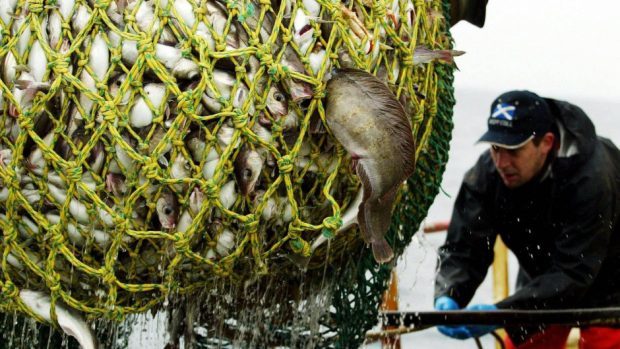Scotland’s fishing fleet could be in line for substantial quota increases next year, if bureaucrats follow the latest recommendations of scientists.
The International Council for the Exploration of the Seas (Ices), the influential scientific body which advises the European Commission on the health of stocks, has proposed big increases for many of the economically key Scottish species.
It has recommended increases for North sea cod (27%), whiting (34%), Norway lobster (7%), saithe (7%) and haddock (30%).
There are, however, advised reductions for some other stocks. For example, Ices has recommended a 4% cut in North Sea hake quota.
The figures were adjusted to account for the impact of the landing obligation, or discount ban, over the past two years.
Some stocks, like Norway lobster and haddock, are already fully covered by the discard ban.
Others, such as North Sea cod and whiting, are partially phased and more species, including saithe, will come under the ban’s scope next year.
Rural Economy and Connectivity Cabinet Secretary Fergus Ewing said: “This advice marks the start of our annual cycle of fisheries negotiations and shows encouraging increases in some of our most valuable stocks for the coming year.
“While there are some disappointing declines in hake, which is an increasingly difficult species to manage, overall these figures confirm we are moving in the right direction.
“They will be welcome news for the fishing industry, with whom we will work closely over the summer to help shape our priorities for the autumn talks.”
Annual quota negotiations between the European Union and non-EU nations, covering stocks which are jointly managed, get under way in the autumn.
Decisions affecting other species and a final rubber-stamping of the agreed quotas for shared stocks will come at the December Fisheries Council in Brussels.
